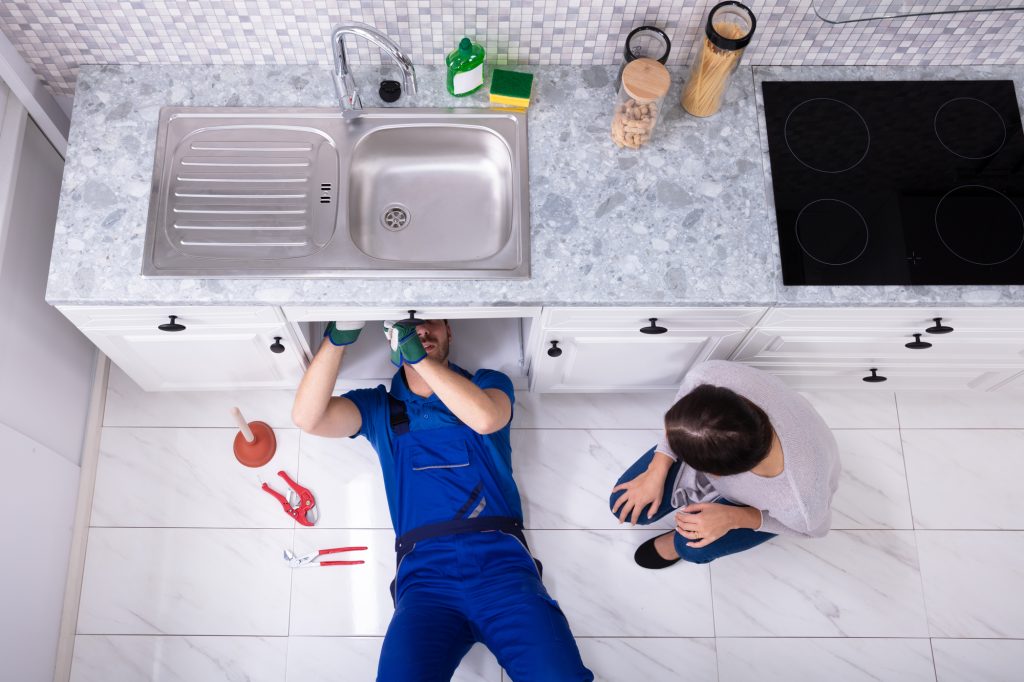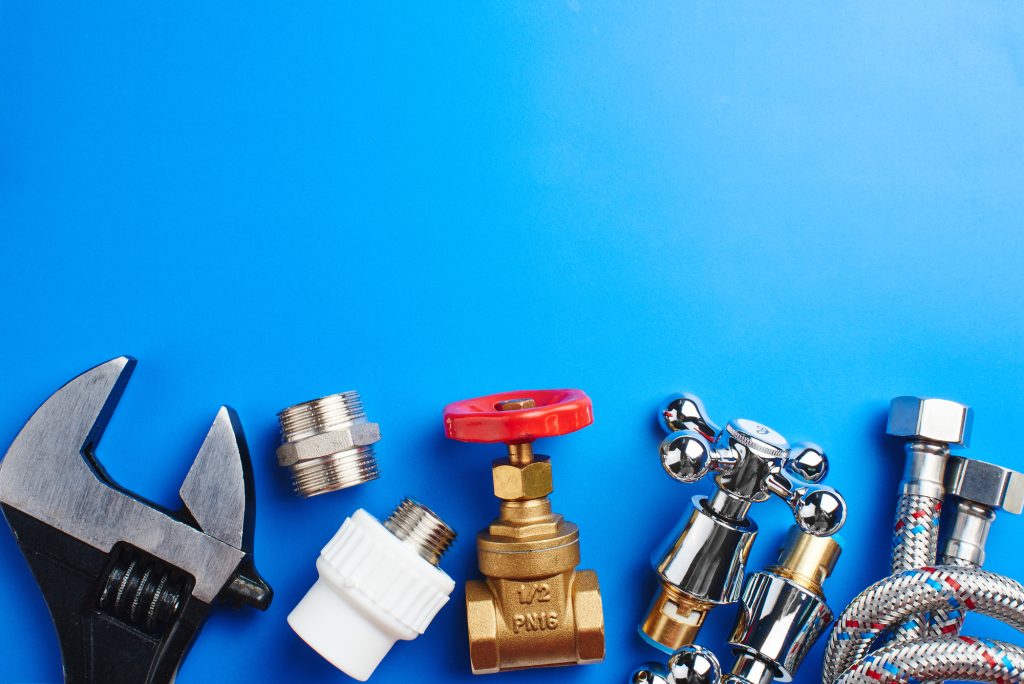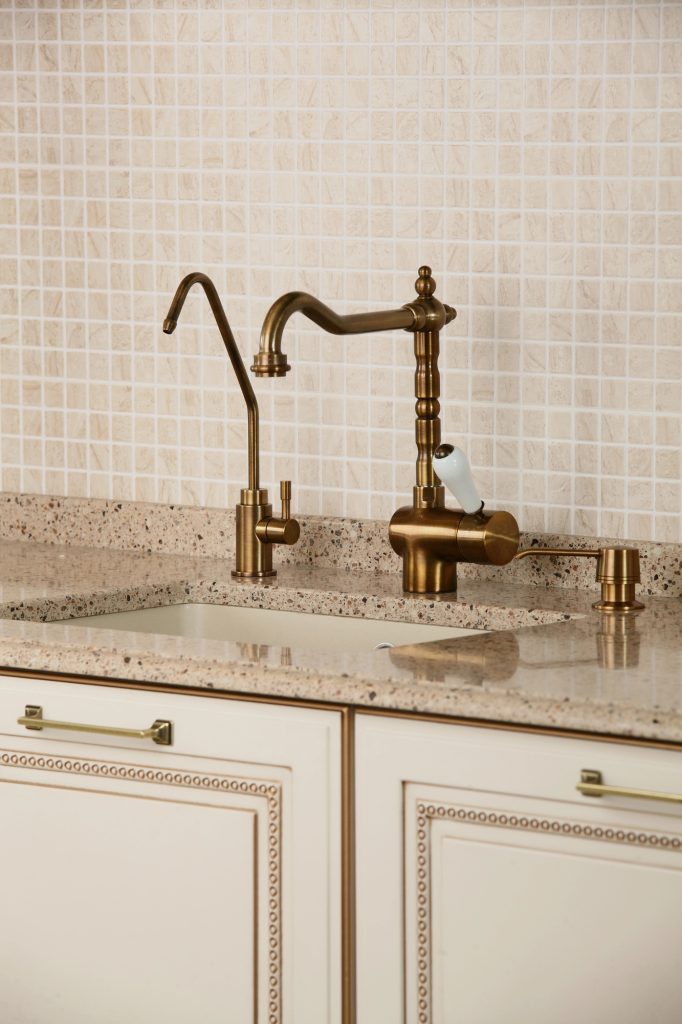What are the impacts of throwing food or other waste down the kitchen sink?
November 21st, 2023
Our kitchen plumbing plays an important role in our daily lives. It provides us with easy access to clean drinking water and efficiently drains away wastewater. However, seemingly harmless habits like disposing of food scraps or oils and fats down the sink can lead to detrimental long-term consequences. The team at Plomberie Lalonde outlines the impacts of these practices below:
Pipe blockages
One of the most common problems arising from discarding waste into the sink is pipe blockages. While solid waste like vegetable scraps or coffee grounds might seem harmless, they accumulate over time, forming clogs that prevent water from flowing smoothly. The outcome? Backed-up sewers and the need to call plumbing services, like Plomberie Lalonde, to address the issue.
Premature wear and tear
Excessive waste puts undue strain on home water treatment systems, shortening their lifespan and effectiveness. This can lead to higher maintenance costs and may even require a complete plumbing system replacement.
Environmental risks
Oils and fats poured down the sink can inflict vast damage to aquatic ecosystems. These substances can suffocate fish and disrupt the aquatic food chain by contaminating drinking water. Moreover, when these wastes reach wastewater treatment plants, they can disturb the treatment process, resulting in the discharge of untreated or inadequately treated water into the environment.
Health concerns
Disposing of food waste in the sink, especially fats, can lead to bacterial buildup. These bacteria can contaminate your drinking water, causing diseases and infections. Additionally, a clogged sink provides an ideal environment for mold and fungus growth, posing further health risks.
Repair costs
More than just inconvenience, consistently dumping waste into the sink can lead to high repair costs. Blocked pipes might necessitate professional intervention, like that from Plomberie Lalonde, for deep cleaning or even total replacement.
How to prevent these impacts?
To avoid these undesirable consequences, adopt eco-friendly habits. Use sink strainers or grids to catch larger waste products, ensuring they are emptied into a trash bin or compost. Refrain from pouring fats or oils down the sink; instead, collect them in a separate container for later disposal. Adopting responsible waste management practices in the kitchen can significantly affect the longevity of your plumbing, the health of your household, and the environment. At Plomberie Lalonde, we’re always available to provide practical advice and help you keep your systems in top shape. For eco-conscious thinking and the well-being of your plumbing: avoid dumping waste down your sink!





